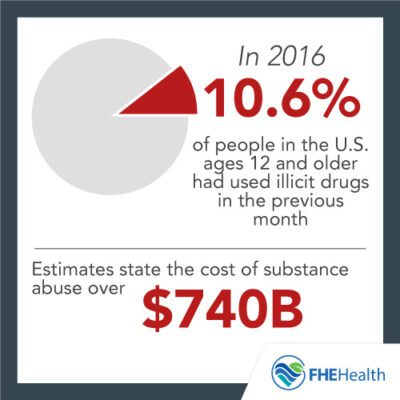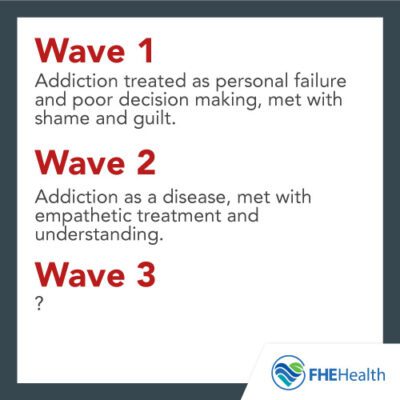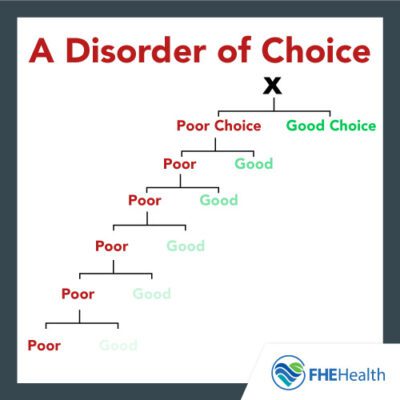
Updated August 2023
Substance abuse in America is a steadily growing problem. As of 2021, according to the National Survey on Drug Use and Health (NSDUH), 46.3 million people aged 12 and older met the DSM-5 criteria for substance use disorders of some kind, with 64% of those having alcohol use disorders and 52% classified with drug use disorder. Between 2015 and 2021, national drug overdose death rates rose 104%, according to the National Center for Health Statistics (NCHS). These statistics have knock-on effects on crime, productivity and health care costs, and substance use stigma makes addiction even harder to fight effectively. This article looks at what factors influence stigma and how to address this problem.
What Causes Stigma in Addiction?
Many people want to know who or what is to blame. So, how do we confront the substance abuse stigma? Is it society? Are those who use drugs solely to blame, or do their families play a part? A report written by Nick Heather and published by the National Institutes of Health sheds some light on new ways of thinking about the social and political context of addiction. It asks whether addiction is truly a disease of the brain or if it is a moral failing.
How Should Addiction Be Seen and Treated?
 The way professionals and the public have seen and treated people with addiction has evolved over history. It’s possible to lay out these changes in the form of waves. Initially, addiction was treated with scorn. The individual was isolated and blamed for his or her own actions. This first wave wasn’t effective in providing treatment or gaining public support to help those with addiction to obtain the care they need.
The way professionals and the public have seen and treated people with addiction has evolved over history. It’s possible to lay out these changes in the form of waves. Initially, addiction was treated with scorn. The individual was isolated and blamed for his or her own actions. This first wave wasn’t effective in providing treatment or gaining public support to help those with addiction to obtain the care they need.
A significant movement changed this. As the initial wave receded the second wave of response was to view addiction as a brain disease. This is a popular viewpoint that many people stand by. By seeing addiction as a disease, some of the blame shifts away from the individual with the disorder. It also allows the public as a whole to be more receptive to treating an individual or ensuring that an individual gets the help he or she needs.
In the report, neuroscientist Marc Lewis’s theory is that a new response is necessary. In this third wave, he believes seeing addiction as a disorder of choice is ideal. Yet, there are problems with this theory as well. Specifically, it’s important to take a look at the political and social aspects of the condition. That is, what does the public need to believe in order to encourage care and for those seeking treatment?
 There’s no doubt drug addiction comes with a
There’s no doubt drug addiction comes with a  As noted, the third wave of belief could be called a disorder of choice. Here, the focus is on choice rather than blame. Does the individual have the ability to choose and, if so, what does it mean when that individual chooses drugs?
As noted, the third wave of belief could be called a disorder of choice. Here, the focus is on choice rather than blame. Does the individual have the ability to choose and, if so, what does it mean when that individual chooses drugs?





